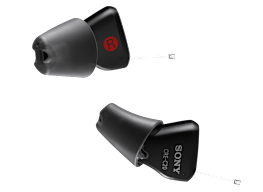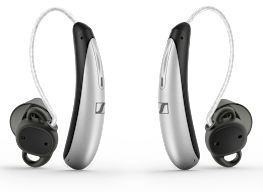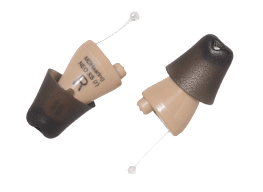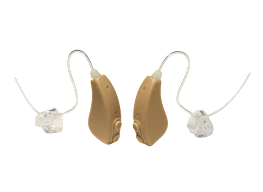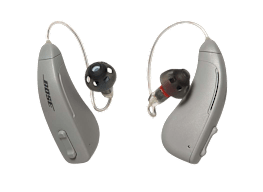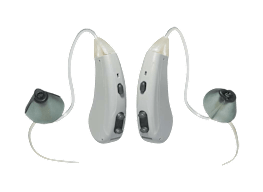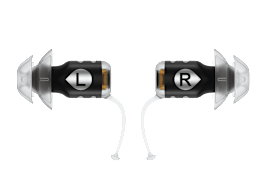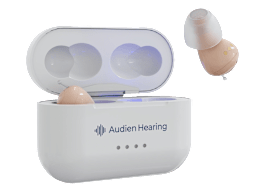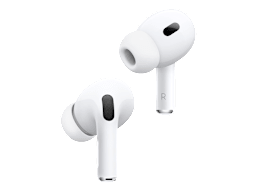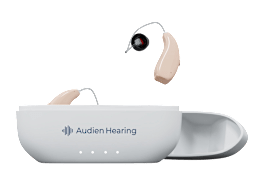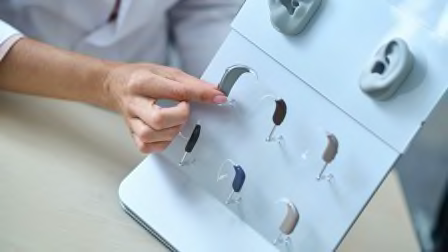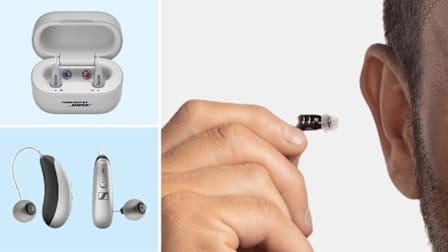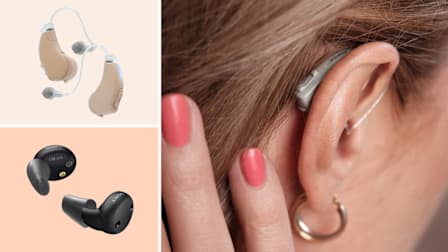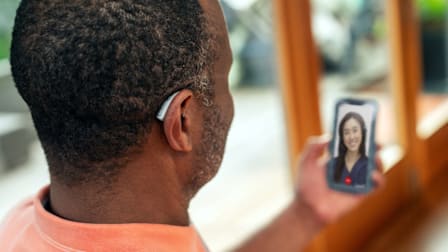Key Questions to Ask When Shopping for Over-the-Counter Hearing Aids
How to navigate the OTC hearing aid marketplace, which is aimed at making hearing help more budget-friendly and accessible
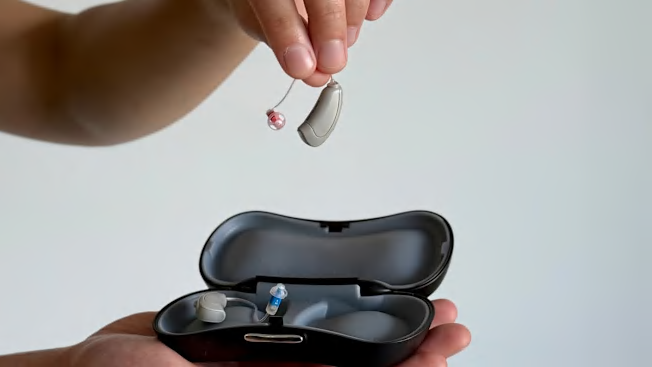
Thinking about trying out an over-the-counter hearing aid? It can be a great option for consumers who need hearing help but may have held off getting it due to difficulty accessing traditional hearing aids and their high cost. But you’ll want to do some research first. Consumers “really should look around and educate themselves and see what their options are,” says Kim Cavitt, AuD, a hearing healthcare consultant.
Here are three key questions to ask about OTC hearing aids before you buy them. You may also want to spend some time looking into ways of testing or evaluating your hearing at home to figure out whether the devices are right for you. CR members can also check our OTC hearing aid ratings and buying guide, which breaks down everything you need to make sense of different hearing aid options and features.
Which Is More Important to You: Full Customization or a Simpler Device?
OTC hearing aids come in a few different flavors.
Some are what’s called self-fitting, meaning they’re designed for an initial setup process, generally using a connected smartphone, that programs the device to your specific level of hearing loss. The advantage is a more customized hearing aid. “What I think people will succeed best with are things that … put out a custom output based off of your hearing, because everybody has their own auditory fingerprint,” says Nicholas Reed, AuD, an adjunct associate professor in the department of otolaryngology-head and neck surgery at New York University’s Grossman School of Medicine.
What’s the Return Policy?
How long you have to return OTC hearing aids is a key consideration, because it generally takes a couple of weeks to get used to them and figure out whether they’re really working for you or not. So a solid return policy of a month or more should give you time to thoroughly try out the product but still send it back if it’s not working out.
Check the product’s warranty, too. When you can, try to pick devices with longer warranties.
What Customer Service and Support Does the Company Offer?
One of the advantages of the traditional model of buying hearing aids through an audiologist is that you have an expert helping you. That level of support can make a big difference in how satisfied people feel with their hearing aid.
In a 2017 randomized controlled trial, people who got hearing aids through a traditional audiology route and through an OTC route ultimately had similar levels of benefit from the devices, but the audiology group expressed more satisfaction with their hearing aids.
The study’s author, Larry Humes, PhD, a distinguished professor emeritus of speech, language, and hearing sciences at Indiana University, says the worst-case scenario in his mind would be if people who could benefit from an OTC hearing aid ended up not using them, “not because the device isn’t good—it meets FDA guidelines, it’s a good-quality device—but all the extra support somebody needs in adjusting to hearing aids that normally could be provided through an audiologist isn’t available.”
That’s why it’s important to find out exactly what level of support you’ll have access to for the hearing aids you’re considering, including when that support will be available and which experts are providing it.
Plus: Consider Other Costs
Cavitt says audiologists are increasingly unbundling hearing consultation services from the actual cost of hearing aids. So if you find yourself with an OTC hearing aid you’re unable to figure out and you haven’t received adequate support from the company, you can always take the device in to have an audiologist help you with it.
Just be prepared to pay for that service, Cavitt says. Call ahead to find out whether the provider will help with an OTC hearing aid, what you can expect to pay, and whether your insurance will help cover the cost.

